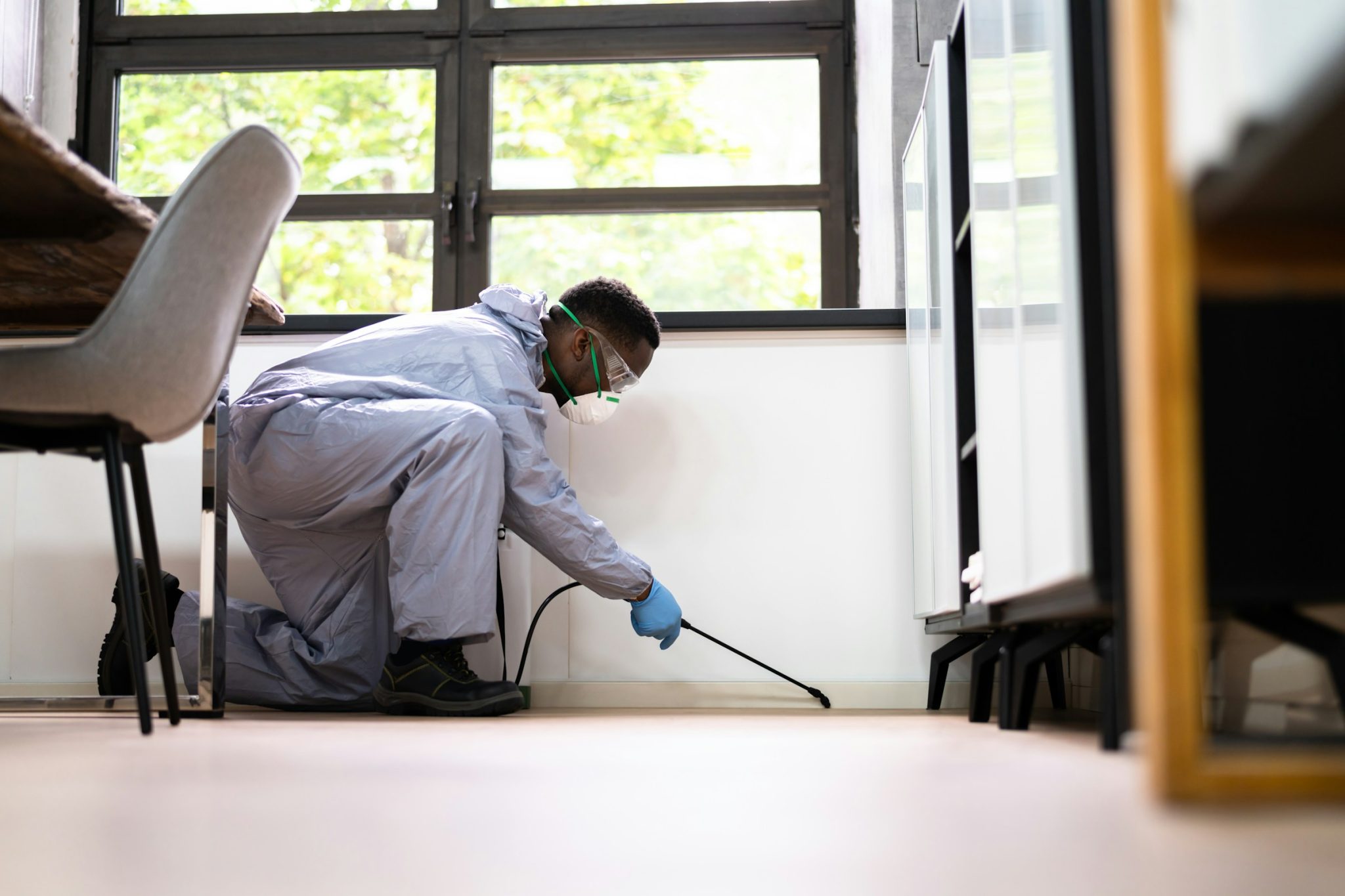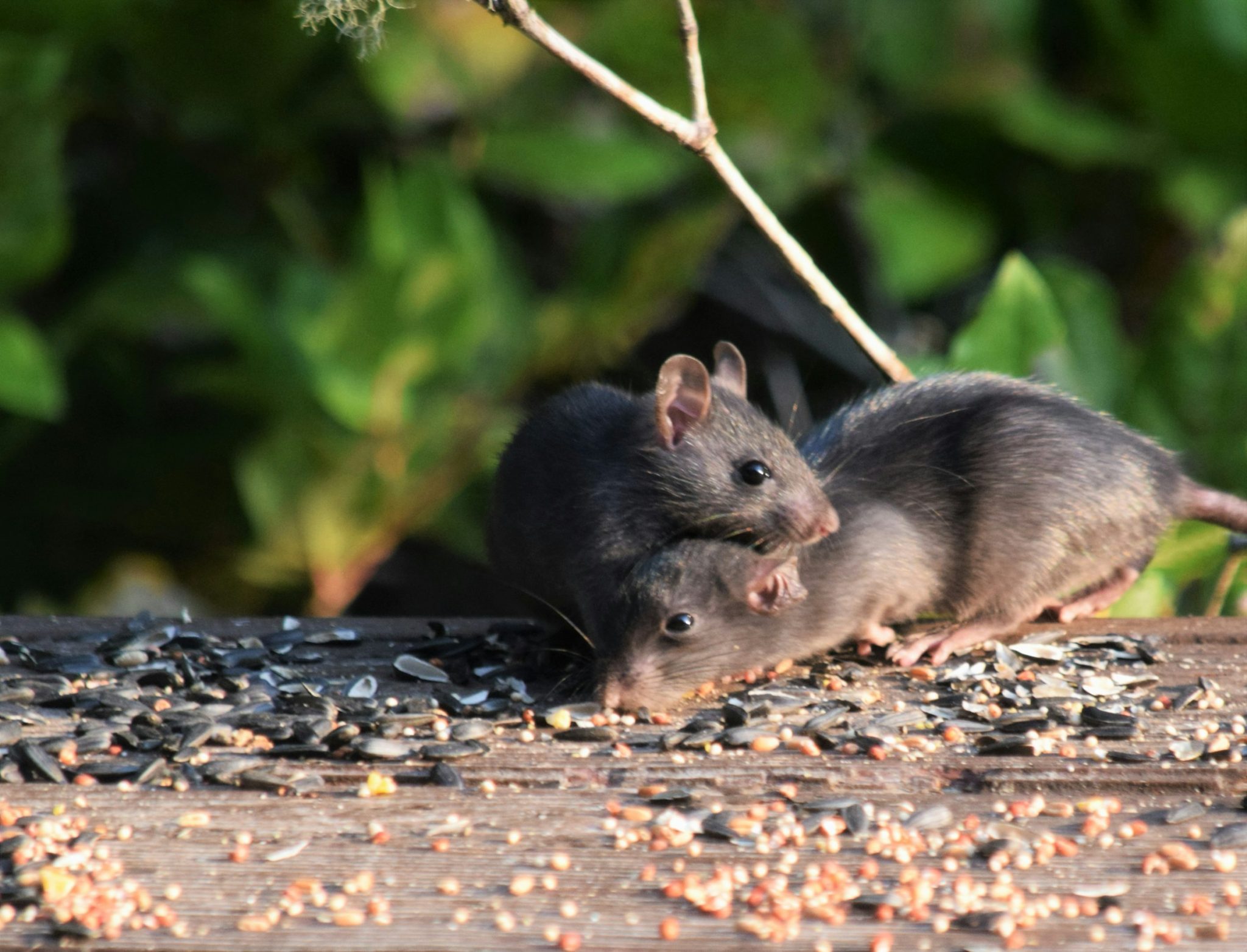When it comes to being a homeowner, the peaceful idea of having a sanctuary can be quickly disturbed by an unforeseen threat: pests. These unwelcome guests, ranging from rodents to insects, not only threaten the structural integrity of our homes but also pose significant risks to our health and well-being. In this comprehensive blog post, we delve into the various ways in which pest infestations can compromise the safety of your home, exploring both the visible and hidden dangers that these intruders bring.

Table of Contents
I. Structural Compromises: The Silent Underminers
Pest infestations, particularly by termites and rodents, introduce a silent threat that undermines the very foundation of our homes. Termites, with their insidious ability to chew through wood undetected, compromise the structural integrity, leaving a trail of destruction in their wake. These tiny but relentless architects can turn robust support beams into fragile remnants, jeopardizing the stability of entire structures. Equally clandestine are rodents, whose gnawing tendencies extend beyond furniture to electrical wiring. This poses a dual hazard—potential fire risks and functional failures within the home. Understanding the nuances of these structural compromises is paramount for homeowners, as it allows for timely intervention and the implementation of preventive measures, ensuring that our homes remain resilient against the subtle, yet formidable, threat posed by these silent underminers.
II. Health Risks: A Hidden Menace
Beyond the tangible damage to your home, pest infestations can also jeopardize the health of its inhabitants. Cockroaches, for instance, carry allergens that can trigger respiratory issues, especially in individuals with asthma. Rodents, meanwhile, are carriers of various diseases, including Hantavirus and Salmonellosis, posing a direct threat to human health. Letting experts like Ecopest, explore your pest situation will not only identify these risks but also provide targeted solutions to mitigate them effectively. So, make sure to find a trusted company to help you.
III. Contaminated Food and Water Sources: Inviting Sickness

Contaminated food and water sources represent a silent yet formidable consequence of pest infestations within our homes. Pests, ranging from rodents to insects, infiltrate pantries and storage spaces, leaving behind a trail of potential health hazards. Pantry pests can infest dry goods, such as flour and cereals, leading to the consumption of contaminated food. Meanwhile, rodents, notorious for their scavenging tendencies, can nibble on stored items, introducing harmful bacteria and pathogens. The consequences of consuming contaminated food are severe, ranging from food poisoning to more chronic health issues. Addressing this risk is paramount, not only for the physical safety of occupants but also for long-term well-being. Letting experts explore your pest situation will not only identify and eradicate the invaders but also implement measures to safeguard your food and water sources, ensuring a healthy and secure home environment.
IV. Psychological Impact: The Unseen Consequences
Living under the constant threat of these unwelcome invaders can significantly impact one’s mental well-being. The mere sight of cockroaches scurrying across the kitchen floor or the persistent buzzing of a wasp nest near your home can induce stress, anxiety, and a pervasive sense of unease. The constant worry about the safety and cleanliness of your living space can disrupt the peace of mind that should accompany the idea of home. This psychological toll often goes unnoticed but is no less significant, emphasizing the need for proactive pest management not only to ensure the physical safety of your home but also to preserve the mental comfort and tranquility of its occupants. Addressing the unseen consequences of pest infestations becomes a crucial aspect of fostering a positive and healthy living environment.
V. Environmental Impact: Unintended Consequences
Pest control measures, if not implemented thoughtfully, can inadvertently contribute to environmental degradation. Indiscriminate use of pesticides can harm beneficial insects, disrupt ecosystems, and contaminate water sources. Adopting eco-friendly pest management solutions becomes imperative in balancing the need to protect your home with a commitment to environmental stewardship.
VI. Financial Strain: The Hidden Costs
The financial repercussions of a pest infestation extend beyond the immediate need for extermination. Repairing structural damage, replacing contaminated belongings, and addressing health issues incurred due to the infestation all come with a hefty price tag. Investing in preventative measures and enlisting professional pest control services can alleviate the financial strain associated with battling these unwanted invaders.
The structural, health, and psychological risks posed by these invaders underscore the importance of proactive pest management. By entrusting experts to assess and address your unique pest situation, you not only protect the safety of your home but also ensure the well-being of those who dwell within its walls. As we navigate the challenges of maintaining a secure and harmonious living space, let our commitment to comprehensive pest control stand as the cornerstone of a resilient home.
- About the Author
- Latest Posts
Whether she is researching the latest trends in home decor, life-changing destination getaways, or the best way to maintain your finances, Dewey takes pride in leaving no stone unturned. She is passionate about distilling and delivering high-quality information that you can use to upgrade your life.

